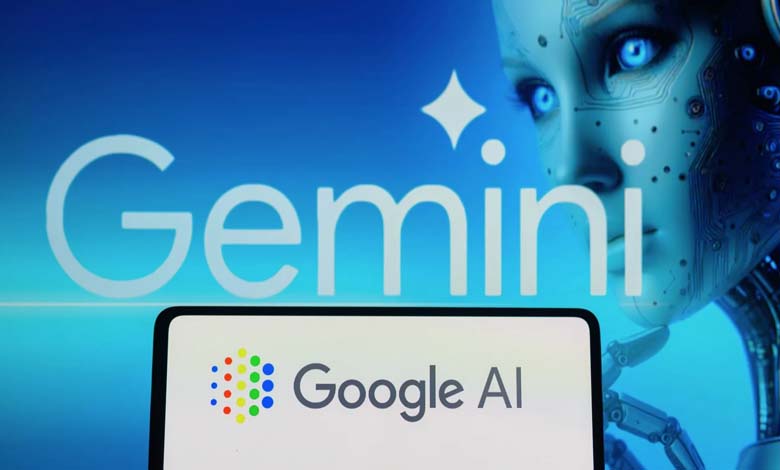To Prevent Unsafe Content Generation: Google Launches a Child-Friendly Version of Gemini

As artificial intelligence becomes more embedded in daily life, protecting children from its potential risks is increasingly crucial. Responding to growing concerns over the safety of AI tools for young users, Google has introduced a specially adapted version of its generative AI model—Gemini Kids—designed to offer a secure and educational experience for children.
-
Google Unveils a Surprise: Gemini Coming Soon to iPhones
-
Google and Samsung Are Working on Android XR Smart Glasses: A Glimpse Into the Future of Mixed Reality
This initiative reflects a broader commitment to building a digital environment that is both enriching and safe for the youngest users. Aware of the sensitivities involved, Google collaborated closely with child development experts, educators, and digital safety specialists to ensure that the platform meets the highest standards of protection and pedagogical value.
Unlike general-purpose AI models that may inadvertently generate inappropriate or harmful content, Gemini Kids incorporates multiple layers of safety mechanisms. These include advanced content filters that detect and block offensive, violent, or age-inappropriate language, as well as strict topic and query limitations to ensure only suitable interactions are allowed.
-
Google Launches 4 New Features for Travel and Tourism
-
Gmail Enhances Its Search Feature: AI Identifies What You Need First
The model is also designed to support interactive learning. It offers a wide range of educational content tailored to various age groups, including simplified explanations of science, history, and mathematics, along with games, quizzes, and customized storytelling experiences. All content is delivered in an age-appropriate, visually engaging manner, aiming to foster curiosity and comprehension without overwhelming younger minds.
A key feature of Gemini Kids is its robust parental control system. Parents are empowered to monitor their child’s usage, set limits, restrict certain types of content, and receive detailed activity reports. This level of transparency is essential to building trust and ensuring that technology becomes a partner in responsible parenting rather than a source of concern.
However, some experts urge caution. While Google’s efforts are commendable, the deployment of child-targeted AI raises critical questions about data privacy, screen dependency at an early age, and the cognitive impact of AI-assisted learning. Digital literacy, both at home and in schools, must go hand-in-hand with such innovations to ensure balanced, healthy development.
With Gemini Kids, Google is taking a bold step toward ethical AI development tailored for younger generations. When used wisely and under supervision, this technology holds the potential to support learning, creativity, and curiosity in meaningful ways. But it must remain just one tool among many in the broader ecosystem of childhood education and growth.












